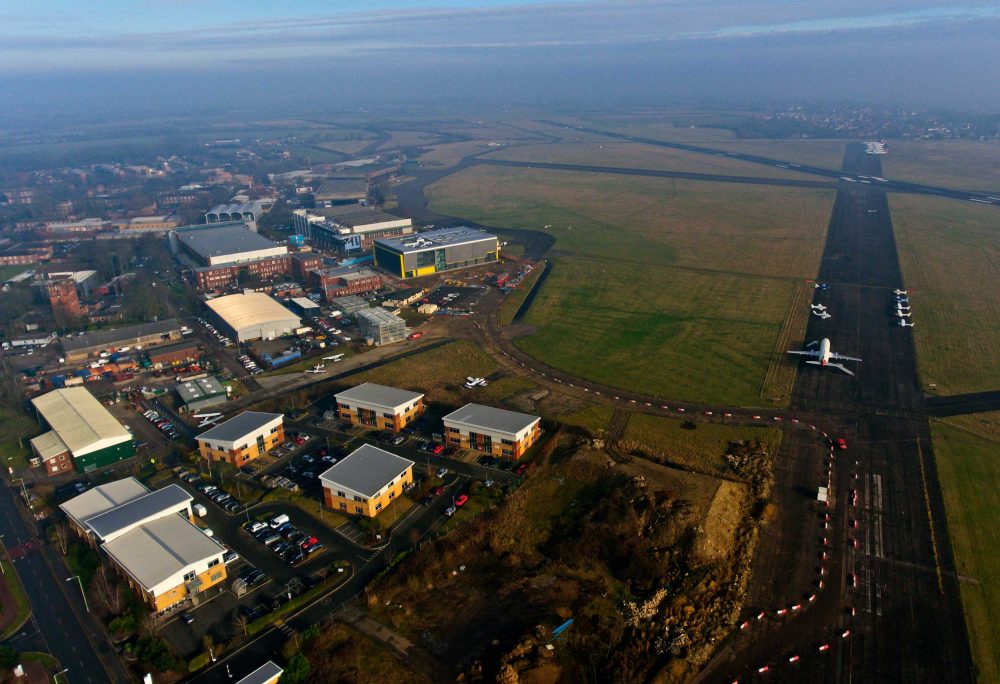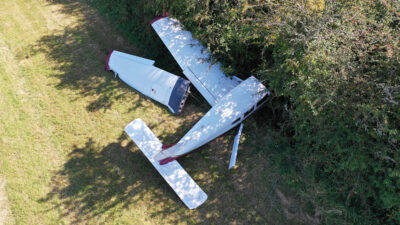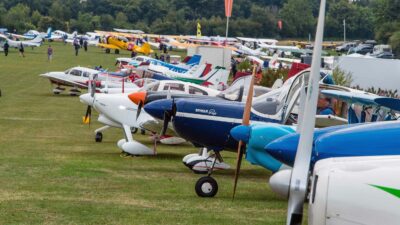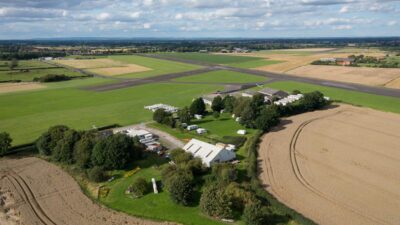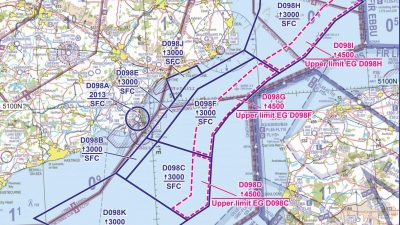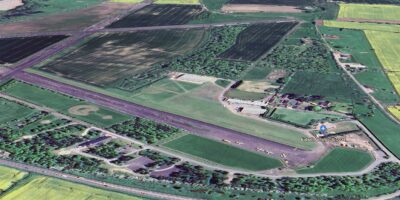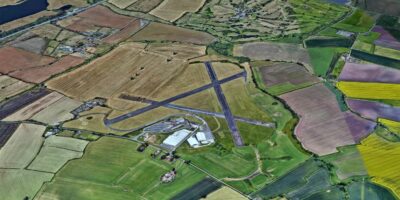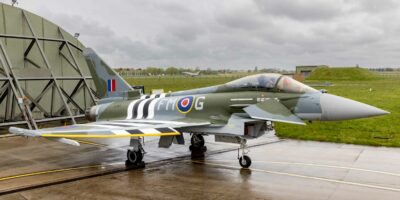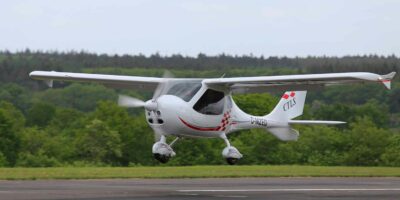The UK is to have its own version of NASA – the National Aerospace Research Consortium (NARC), it was announced at last week’s Farnborough International Airshow.
NARC is being created by leading aerospace universities and will cover the full aviation spectrum – airlines, aircraft, airspace and airports.
NARC will align itself with the Aerospace Technology Institute’s established four technology pillars:
- Aircraft of the Future
- Future Propulsion
- Smart, Connected and Electric Aircraft of the Future
- Aero Structures of the Future
with an additional National Airborne Test stream.
The Consortium aims to create a UK-wide infrastructure of accessible, integrated and world-class research facilities to support each pillar.
The universities that currently make up NARC have already started work on the Future Propulsion pillar with a proposal for a network of advanced electric and hybrid-electric propulsion development facilities.
NARC will also seek to enhance the flow of highly qualified aerospace engineers of the future.
The founding member universities of NARC are:
- University of Bristol
- University of Cambridge
- Cranfield University
- Imperial College of Science, Technology and Medicine
- University of Manchester
- University of Nottingham
- Queen’s University Belfast
- University of Sheffield
- University of Southampton
- University of Strathclyde.
Professor Iain Gray, Director of Aerospace at Cranfield University, who is acting as co-ordinator for NARC, said, “The National Aerospace Research Consortium (NARC), consisting of the UK’s leading aerospace universities, will aim to directly support UK-based industry through the provision of accessible world-class research facilities, future skills development and centralised research co-ordination.
“We aim to put NARC in the same league as other international entities, such as NASA, ONERA or NRC, and support the UK as a global leader in future aerospace research.”
Paul Everitt, chief executive of ADS, the UK trade association for aerospace, defence and security, said: “The UK science and academic community has an international reputation for excellence across the aerospace industry.
“Greater co-ordination between these leading universities to more effectively support industrial priorities will add significant value to UK capability. It is great to see this positive and pro-active initiative taking shape and it will help ensure early stage research can move more quickly through to industrial exploitation here in the UK.”


